When was the last time any of us peeked into our garage or utility room to check on our water heater?
It’s very possible that we’ve done 0 inspections on the heater as long as we still get the same hot water with the same waiting time at approximately the same electricity cost.
Some of you were probably convinced that instant water heaters are particularly energy efficient as they don’t have to spend any to conserve water. And then, there are hybrid or heat pump water heaters that cost thousands of dollars for each of them.
For the people who have been living well with their $150 point-of-use water heaters and a central heating system, purchasing a $4,000 80-gallon hybrid water heater doesn’t sound ‘economical’.
We’ll explain why a hybrid water heater is feasible for all families, especially in the long-term and how these machines work. We’ll then review 4 best hybrid water heaters this year and things you need to take note of before making your first purchase of a heat pump water heater. We also have a FAQs section that you can return to once you’ve made your purchase or if you have additional questions about these energy-saving water heaters.
Four Best Hybrid Water Heaters in 2024
1. 50 Gallon Voltex Residential Hybrid Electric Heat Pump Water Heater

Voltex Residential Hybrid Electric Heat Pump Water Heater comes in various sizes from 50 to 80 gallon big. We are reviewing the 50-gallon size which, obviously, comes with a 50-gallon tank for hot water reservoir. It has an energy saving factor of 2.78 and is an SHPT model while the 80-gallon size is a PHPT model. The only difference is the panel controls where the user interface in the 80-gallon size is slightly easier to see.
This SHPT model utilizes LED indicators to indicate what mode you’re in and allows you to communicate with the unit through your smartphone. This water heater relies on a heat pump to heat your water and aside from that, has the hybrid mode to switch to electrical mode during peak times. It uses a standard voltage 240 V with two heating elements that work with an upper limit of 4.5 kW and the lower limit at 2.5kW.
This Heat Pump is also Energy Star compliant thanks to its hybrid mode and 2” thick insulation. And, it also uses R134a refrigerant which is known to be environmental-friendly. At half the operating cost, this unit is a ‘green’ way to get your daily hot water.
It also has 4 different modes you can run it on high efficiency, hybrid, electric and vacation mode.
A 10-year warranty comes with this model for both its tank and parts.
2. Rheem HP40RH HP-40Super-Efficient 40-Gallon Heat Pump 240-Volt Electric Water Heater

Rheem is another popular brand that manufactures HP40RH HP-40 hybrid water heater with a 40-gallon storage tank. It’s also given a 2.0 rating for its energy saving factor. It also has a LED control panel with a cover that allows you to easily configure the settings of this unit. It is, however, a little bit on the heavy side, weighing at 256 pounds as opposed to, for example, Stiebel’s 80-gallon unit that weighs less than 150 pounds.
And while most units dimension makes it hard to carry them through a standard residential doorway, this one is only 65.5 inches high and 21 inches wide. This is thanks to its smaller storage tank which will still supply a family of four or more sufficiently. It also follows the Energy Star standard by using 2.5” non-CFC foam insulation. It’s also equipped with a sacrificial anode rod that you can replace to extend heater’s life.
A heat pump works on providing 40 to 120 degrees Fahrenheit. It has a T&P valve to release build-up pressure and have three settings you can use it on: Energy Saver (heat pump) mode, Normal (heat pump with element backup) mode and Electric Heat only mode (two heating elements).
This model requires 240 voltage to work and has a first-hour rating of about 67 gallons. It has a built-in freeze and overheats protection to keep the unit steady even when you leave on vacations. It comes with a 1-year warranty on labor and a 6-year warranty on limited parts (may extend to a lifetime if the unit remains installed in the house you own).
3. American Water Heaters GH-90N Hybrid Natural Gas Residential Water Heater

The American Water Heaters GH-90N Hybrid Water Heater runs on both electricity and natural gas. This option is great for those who don’t want to alternate with an electric heater for cost or other reasons. The unit delivers ‘90% thermal efficiency’ in terms of energy savings.
The unit combines both tankless and tank-water heaters technology which, instead of pulling in hot air from the surrounding, rely on the latent heat from the gas. It comes with a small storage tank for instant hot water transfer and 100,000 BTU output that allows water to be heated instantly. These two technologies combined ensure that you get your hot water constantly and eliminate cold-water sandwiching.
It has a first-hour delivery of 189 gallons and a recovery rate of 121 gallons. Exhaust fan automatically turns off the unit when the temperature of exhaust gasses exceeds the limit. Thermal fuse shuts the unit off when the temperature exceeds 287 degrees Fahrenheit. And what’s nice about this is that it’s smaller than your typical hybrid water heater since the tank is not as big. But you still get the hot water that you want.
The unit can be set to run on several modes: ECO Mode when you want to save during summer, Boost Mode during peak times such as when a friend comes to visit and Vacation Mode when nobody’s home. The unit comes with a 6-year warranty on the heat exchanger, tank and other parts.
4. StiebelEltron ACC300 Accelera 300 Electric Water Heater, 80 Gallon

StiebelEltron ACC300 Accelera 300 has many sizes and if you really need a high influx of hot water every now and then, we recommend this one with an 80-gallon storage tank. And right now, you are probably wondering if it’s ever going to be possible to carry this in. Yes, you can because it weighs less than 150 pounds compared to Rheem’s 40-gallon at 250+ pounds.
It has a 2.5 rating energy saving factor. Operates on between 208 to 240 volts and when consumption -reaches 50 out of the 80-gallon of water it’s stored, it will turn on its backup electric heating element. Wattage consumption is about 2.25 kWh and it comes with a 10-year warranty if installed by a professional, licensed plumber or geothermal devices expert.
The good thing about this unit for many others is the fact that it lacks a control panel! Flipping the circuit breaker on and off is enough to regulate your water heater. Aside from that, it is always on energy saving mode when the tank is full and hybrid mode when it’s less than half. The stainless-steel tank has very good insulation (2.5” non-CFC insulation) that your water will remain warm for a long time. It has an Energy Star certification.
It also comes with a sacrificial anode that you should replace every few years to prolong the tank’s lifespan.
What is a hybrid/heat pump water heater?

A heat pump water heater can be said as the apex of all types of water heaters. They store a large amount of water in constant temperature and can switch in between pump to standard electric resistance mode. This is why they are called a hybrid. But it’s also possible for owners to disable the auto-switching capability on the control panel and set it to regular pump mode.
A heat pump water heater works in the same concept a refrigerator does. Whereas refrigerators expel warm air out of the fridge, a heat pump water heater absorbs hot air to warm the water. It transfers heat from one place to another and when that is not enough, the electric resistance mode kicks in to deliver the needed heat. This is why the unit is highly versatile even if you have a big family who can’t live without hot water.
The reason why this thing is so much more worth it compared to a tank water heater is the pump heater. Thanks to this, coupled with its ability to go hybrid, you can still get hot water on energy savings when, say, the showers are on and you’re washing the dishes.
Advantages of a Hybrid Water Heater

A hybrid water heater costs a lot more compared to tanked or tankless water heaters. They are also bigger in size and not the kind you can put under your sink, in the utility room or your garage. But there are reasons why this is definitely the kind of water heater you will never switch away from:
- Versatile: Thanks to its hybrid mode that allows you to automatically switch to standard electric resistance mode. On the other hand, most hybrid water heaters have control panels where you can configure the settings of the water heater. Some even have the smart capability to connect to your smartphone, so you don’t have to go to the water heater directly just to set the thermostat.
- Saves energy: Because compared to other water heaters, tankless or not, this giant uses a heat pump that generates little heat for consistent warm/hot water. Conserving hot water doesn’t take much, just like how your refrigerator is simply keeping hot air out, the tank’s job is to keep hot air in and pump them when necessary.
- Activate sleep-mode when you are away to save energy.
- Saves electricity cost according to Energy Star. If every household in the US switches to a heat pump water heater, we can save $8.2 billion dollars a year. You can save more than $300 if you are a family of four and the bigger is your family, the more you save with your heat pump water heater.
- No fuel needed! Since this thing relies on heat around you to warm the water, you don’t have to calculate additional yearly fuel cost which can fluctuate over time and increase risk of fire if it leaks! It is different if you purchase a hybrid that alternates between heat pump and gas.
- Natural dehumidifier and cooler because they absorb hot air around them!
Things to Consider Before Purchasing a Hybrid Water Heater

Owning a heat pump water heater is no simple thing. Since these things are huge, there are a lot of things that you need to consider so you don’t have to go through the hassle of returning this huge thing or be stuck with a giant water tank in your garage.
- Hire a professional to install your hybrid water heater unless you are a professional yourself. When you hire one, be sure to know how long it will take and how much it cost per hour. The price of a professional can go anywhere from $600 to thousands of dollars, but what you want to be sure is that it’s someone who does a neat job within a reasonable amount of time. Check if they have the licenses and understand the regulations.
- Calculate the space you will need to place your heat pump water heater. Most people are stuck with the issue that it won’t fit into the designated room or that there is no way to bring the unit inside the room. Plan all these things thoroughly because you definitely do not want to be burdened with returning the heavy tank. A rough assumption would be about 1,000 cubic space around the pump, but it could be less or more depending on the product’s dimension.
- Temperature limitation: A hybrid water heater should only be installed in areas that remain between 40-90 degrees Fahrenheit. And since they pump heat from their surroundings, you will save the most energy by putting them next to a heat source, like a furnace.
- Read the reviews! We are reviewing four reputable heat pump water heaters and while ours might have come in good conditions, we cannot assure that yours will. And if you are looking at some other products from other brands that we didn’t get to review, it’s very important that you check the reviews for design flaws, customer service quality, and troubleshooting tips & tricks.
- Check warranty requirements for your unit because sometimes, they only cover the tank, not the whole unit or the heat pump. If this is the case, even if you had a professional did your installation, if your heating element melts, you won’t be able to get it covered or replaced.
- Replace sacrificial anode at least every 5 years or earlier than that. By replacing them, you prolong the life of your water heater and prevent corrosion.
Frequently Asked Questions

Q1. Why do I still need to hire a professional plumber/geothermal heat pump installer for my hybrid water heater?
There is a high probability that you have never installed one before and if you have. There might be other factors that failed to enter your vision. These professionals know what they are doing and are able to set up your water heater at the most energy saving mode. You can also learn from them on how to maintain your water heater to ensure it stays alive for as long as possible.
If professional plumbers install your heat pumps only then some companies gives you the warranty for your heat pump. If that’s the case, you don’t really have a choice!
Q2. Which one is more energy saving: heat pump or electric heat?
A heat pump doesn’t generate its own heat, but rely on whatever is out there to heat the water. The electricity is to keep the pump on. Meanwhile, electric heat relies on electricity to generate heat and they draw a lot of power to do this in within seconds. A heat pump uses less than 50% of what electric heaters use. However, the heat pump cannot generate heat instantly.
Q3. I live alone. Would this still be a good choice for myself?
It really depends – are you planning to have a big family or is your home a vacation home for your other family members? This heat pump water heater is good for the continuous need for hot water, so if you need a large amount of it, then yes. AWH Natural Gas-fueled hybrid water heater is a good one if you don’t want to get such a big tank but still, want that hybrid benefit.
But generally, those who live alone should suffice from tankless water heaters or point-of-use heaters. You can check out our other articles for that!
Conclusion
A heat pump water heater is a very good investment if you want to save energy. The price has caused many to choose tankless water heaters or under sink models as they have cheaper installation and unit price. However, the price that you pay for installing and purchasing a heat pump water heater can really cut your electricity bills and still provide the hot water your household needs.
Make sure to check our FAQs and ‘Things to Consider’ section before purchasing one. It’s a big pain to return such a big and expensive tank water heater, so you want to make sure you got the right one.
We have reviewed four different water heaters from different manufacturers and from many of them, you might not be able to find a review. But after a thorough use of them, you will realize that they are quality products and are totally worth it in the long run.



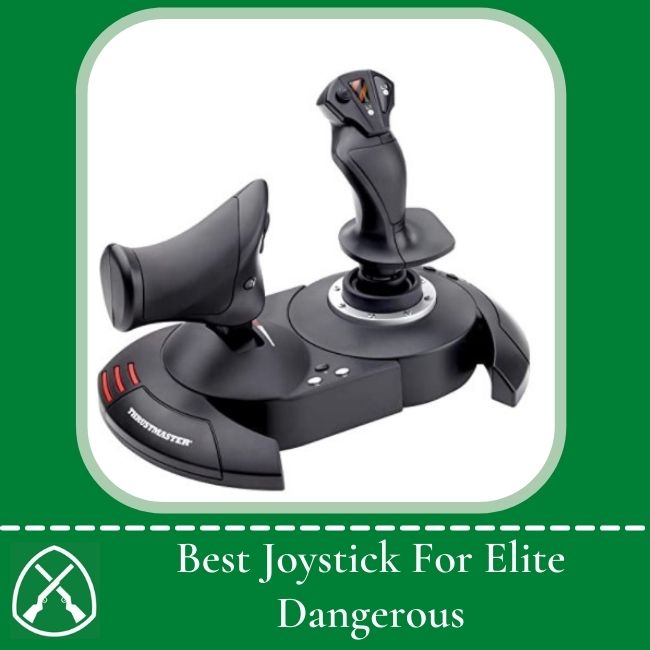
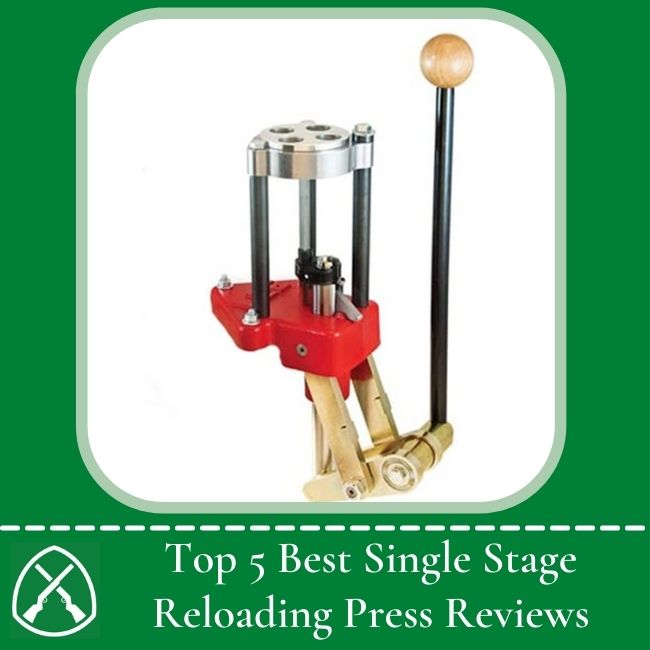
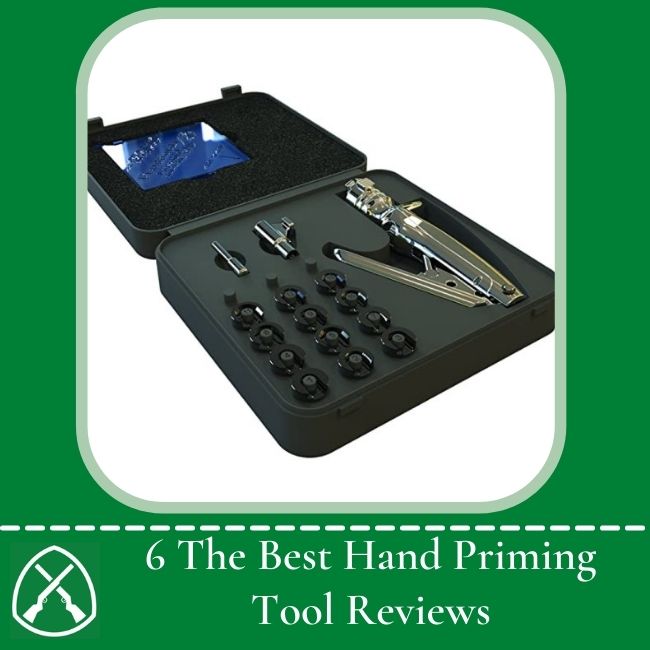
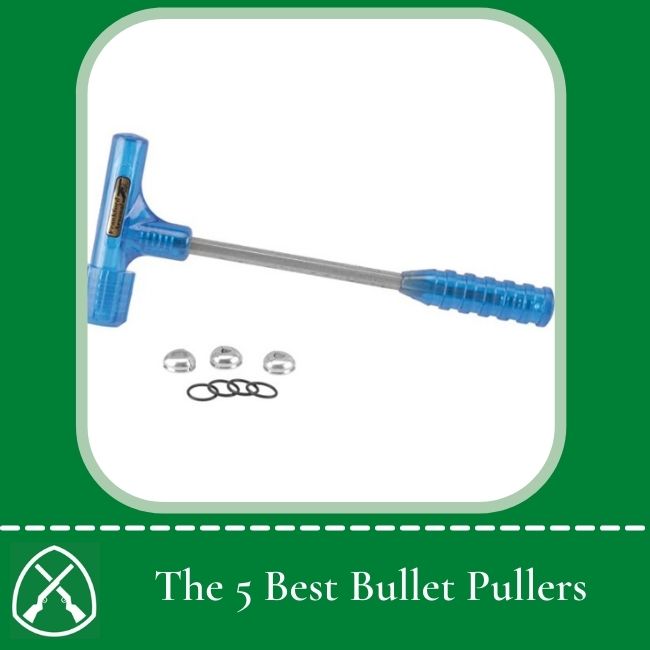
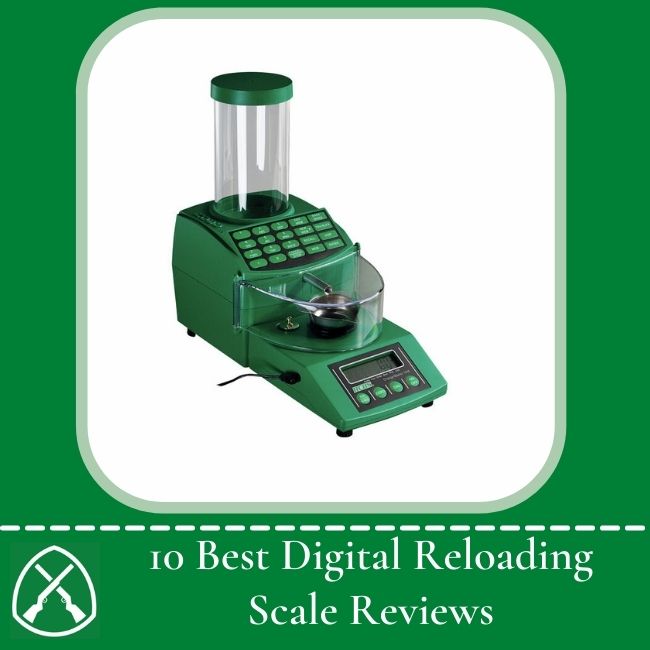
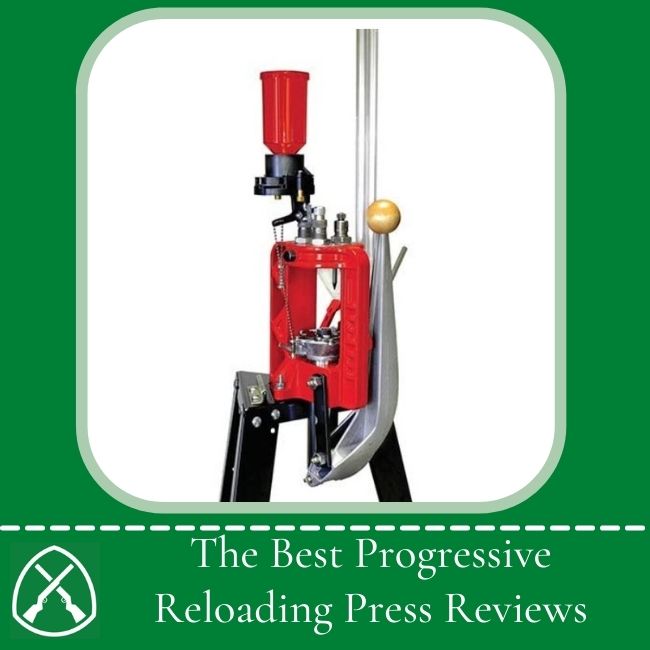
Thank you for this comparison. It has helped me make a decision. I have one question: How does a low humidity area such as Denver, Colorado influence the decision?
Thank You
Arthur
I just wanna comment on the complexity of these devices and address longer term usage based on my personal experience. I have owned a hybrid water heater in my Florida garage for over 10 years. (one house 3 years, one house 7 years). I have had a failed device and experienced a warranty claim. I discovered that, although I had no problem finding a plumber to install it, no plumbers in my area would come out to troubleshoot it upon failure.
In my situation, I use heatpump only mode year round and never allow it to turn on the heating elements. My failure was related to the compressor, thus I was able to switch the unit to heating elements only and still had as much hot water as any typical heating element based water heater. Having both systems allowed me to have a backup if one failed. Rheem tech support was excellent and I was able to talk to an American to troubleshoot my water heater. I explained that I could not get a plumber to come out, so they worked with me directly over the phone. They determined that the compressor was malfunctioning. The compressor/heatpump system on these Rheem models are sealed and not serviceable, thus I needed a whole new water heater. They sent me a brand new, newer generation water heater under warranty and free of charge. (went from gen2 to gen4) This replacement also reset my device warranty.
The flip side of this is that if I had this problem in year 11 and it was out of the warranty period, there is no fixing the heatpump portion of these Rheem water heaters. At that point, I would have a choice to either use it as a standard heating element water heater for as long as I wanted, or replace the entire unit with a new hybrid one at my cost. In that situation, I would ride it out functioning as a standard heating element device until the tank rusted out. It will have paid for itself in savings, and any additional time I got with it (even in heating element mode) till it died or started leaking from the tank was gravy.
I’d be curious to see how these work in function in a northern house that you’re paying to heat. In theory, your furnace would be subsidizing your water heater through a series of mechanical inefficiencies.
3 years back I looked into replacing my all electric water heater and did research into the heat pump hot water heaters. A few people on an HVAC forum recommended I look into Sanden as they warned that since I have my water heater in my conditioned basement (Maryland) the cooling exhaust would require an additional heating load on my space heating (air source heat pump). I would consider the Sanden if I were building a new home but from as an average homeowner looking to replace my existing hot water heater, my experience with them was like pulling teeth.
Back when I reached out to Sanden I had to email several people before I received any response. several of the email addresses listed on the Sanden hot water heater website were no longer correct or these sales people no longer worked there. The one sales rep I was able to get in contact with proceeded to send me several emails with brochures and data sheets about the hot water heaters that seemed more geared towards contractors. I first inquired about closer suppliers as their website listed the closest on in Brooklyn NY. They informed me of a closer supplier in Delaware that was not listed on their website (again, the site is very out of date). When asking about installers they had zero response as to ANYONE in the entire Mid Atlantic area who has installed this system and could provide me a quote. I was told that any HVAC pro could install the system and they would teach anyone they had to. I’m a father with young children and I couldn’t trust my family’s hot water needs to an installer who is doing this for the first time. After all these interactions I had very little confidence in this company as a whole and did not want to spend my money on this new technology despite the fact that I feel it is really promising concept. Although you mention several times that their tank is very durable stainless steel, I would prefer if a company who makes a split heat pump heater to make a storage similar to a Rheem marathon in that it has a lifetime warranty, be super insulated, and have an interior impervious to scale so no anode rods are necessary. I believe a stainless steel tank would still be susceptible to scale damage, and a polymer tank would be necessary. Overall, a split system is the best out there in terms of performance and I would love to see more companies introducing this technology in the US like the Mitsubishi Ecodan line or Fujitsu Waterstage line.
in the end I went with the A.O. Smith and I’m very happy. to all those concerned about the space cooling effect in winter, the cooling is nominal at best and my overall electric bill (even in the dead of winter) is a fraction of what it once was when I replaced my 10 year old electric resistance 80 gallon hot water heater with the 80 gallon heat pump model from A.O. Smith. over the past 2 years it runs beautifully but I do have a few cons to this model. First (and most significantly) you may notice that the hot water connection is out the side of the hot water heater instead of the top. this wouldn’t be a big issue but the connection is directly below the exhaust air port. when my plumber installed it they had the plumbing go out at a 90 degree angle and then directly upwards so the hottest water coming directly out of the tank runs 3 inches in front of the exhaust blowing cool air. not a good design if you ask me. to get around this I covered the copper pipe with pipe insulation but it still isn’t ideal. secondly, and this is an issue with most hot water heaters (but in this price range is kind of absurd) the drain valve at the bottom was this cheap plastic compression valve. I immediately had my plumber replace it with a lead free full port ball valve to ensure that when draining it I wouldn’t have an issue with sediment clogging the port. lastly, accessing the anodes looks to be a major pain and the schematics showing where they are is pretty poor.
One last thought – I didn’t hear you mention noise in the video. It might not be an issue to all people but the heat pump portion of the water heater does make some noise, the A.O. Smith being one of the quietest. It would have been nice to see Decibels on the whiteboard.
I’ve had the 80 gallon OA Smith heat pump hot-water tank since 2014. Love it. Oh! Replace the AO Smith anode rod with an aftermarket electronic anode. Done! ??
Would love to hear more about radiant floors and how they integrate well with these water heaters…install considerations, efficiency, etc.
I was wondering if anyone knows what happened to Dime Piece LA celebrity streetwear brand? I cannot proceed to the checkout on Dimepiecela site. I’ve read in Teen Vogue that they were bought out by a UK-based hedge fund in excess of $50 m. I’ve just bought the Dimepiece Dream Big Unisex Heavy Blend™ Hooded Sweatshirt from Ebay and totally love it xox